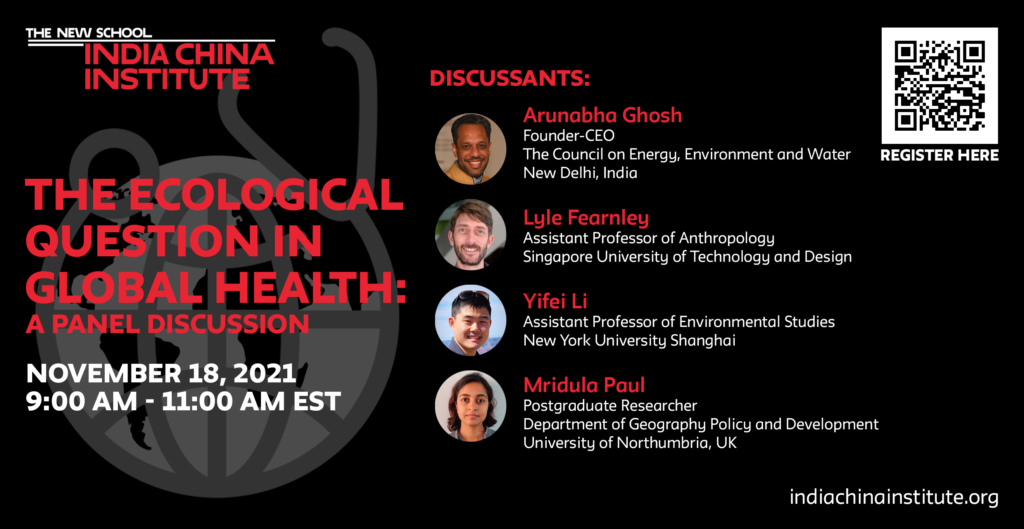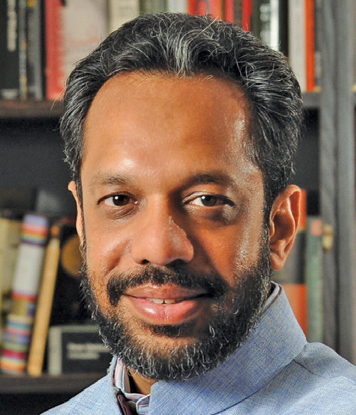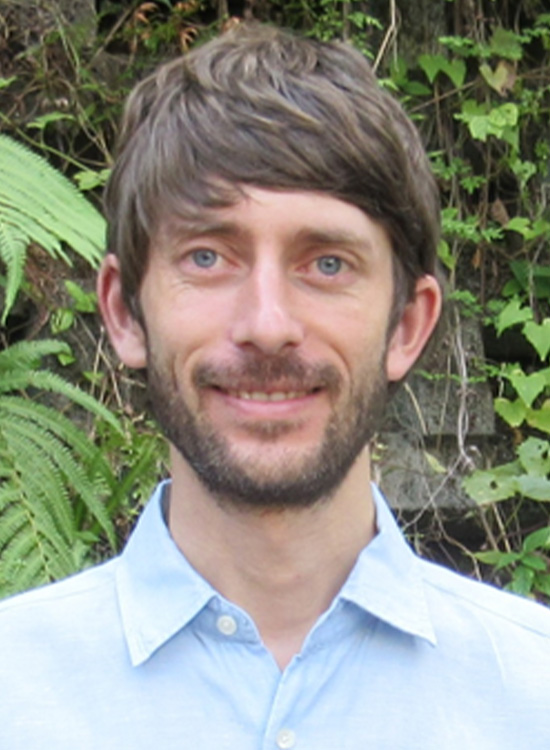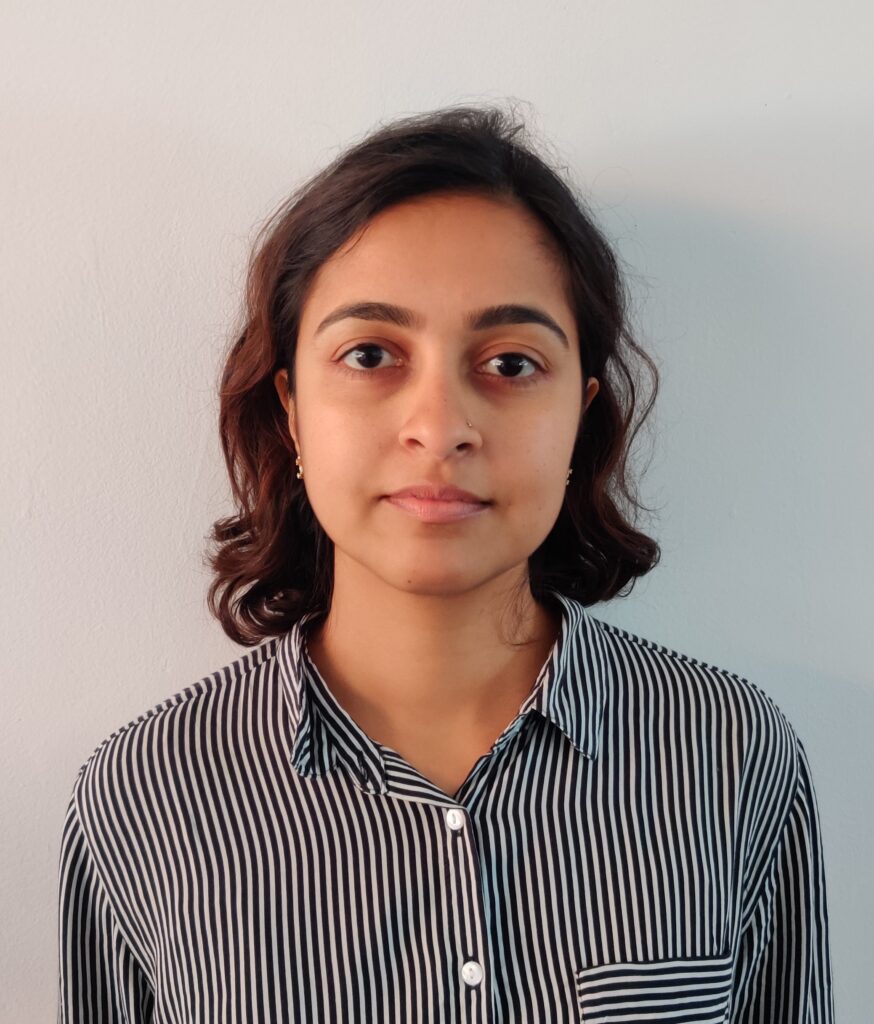
The Ecological Question in Global Health: A Panel Discussion
November 18, 2021 , 9:00 am – 11:00 am

The COVID-19 pandemic has brought into stark relief the interactions between climate change and global health and revealed the dangers of ‘siloization’ of these issues into different conceptual frameworks and governance regimes. The panel will explore how the understanding of the environment and public health can be bridged, and how these challenges are being addressed especially in India and China.
Panel Speakers

Arunabha Ghosh
Founder-CEO
The Council on Energy, Environment and Water, New Delhi, India
Dr Arunabha Ghosh is a public policy professional, adviser, author, columnist, and institution builder. As the founder-CEO of the Council on Energy, Environment and Water, since 2010, he has led CEEW to the top ranks as one of Asia’s leading policy research institutions (eight years in a row); and among the world’s 20 best climate think-tanks in 2013, 2014 and 2016. He was actively involved in conceptualising and designing the International Solar Alliance and is a founding board member of the Clean Energy Access Network (CLEAN). With experience in 45 countries, he previously worked at Princeton, Oxford, UNDP (New York), and WTO (Geneva). In 2018, Dr Ghosh was nominated to the UN’s Committee for Development Policy. In 2020, the Government of India appointed him Co-Chair of the energy, environment and climate change track for India’s forthcoming Science, Technology and Innovation Policy. His 2019 TED Talk on air quality (Mission 80-80-80) has over 250,000 views. He is co-Chair of the World Economic Forum’s Global Future Council on Clean Air and is a member of the international high-level panel of the Environment of Peace initiative. He also serves on the Board of Directors of ClimateWorks Foundation.
Dr Ghosh advises governments, industry, civil society and international organisations around the world. This has included India’s Prime Minister’s Office, several ministries and state governments. In 2015, he was invited by France, as a Personnalité d’Avenir, to advise on the COP21 climate negotiations; and also advised extensively on HFC negotiations. He is the co-author/editor of four books and his essay “Rethink India’s energy strategy” in Nature was selected as one of 2015’s ten most influential essays. He holds a D.Phil. from Oxford and topped Economics from St. Stephen’s College, Delhi.

Lyle Fearnley
Assistant Professor of Anthropology
Singapore University of Technology and Design (SUTD)
Lyle Fearnley is Assistant Professor of Anthropology at SUTD. Trained as an anthropologist of science and medicine, Fearnley received a Joint Ph.D. in Medical Anthropology from the University of California, Berkeley and San Francisco. His book, Virulent Zones: Animal Disease and Global Health at China’s Pandemic Epicenter, is published on Duke University Press. Currently, he is conducting two research projects.

Yifei Li
Assistant Professor of Environmental Studies
New York University Shanghai
Yifei Li is an Assistant Professor of Environmental Studies at NYU Shanghai and Global Network Assistant Professor at NYU. Professor Li’s research concerns both the macro-level implications of Chinese environmental governance for state-society relations, marginalized populations, and global ecological sustainability, as well as the micro-level bureaucratic processes of China’s state interventions into the environmental realm.

Mridula Paul
Postgraduate Researcher at the Department of Geography Policy and Development
University of Northumbria, UK
Mridula Mary Paul is a lawyer and environmental policy specialist. She is a Postgraduate Researcher at the Department of Geography Policy and Development, University of Northumbria, Newcastle, UK. She works on the political ecology of zoonoses, with a focus on One Health and India. Mridula is a member of IUCN’s Sustainable Use and Livelihoods Specialist Group, and is the editor of Courting the Environment, a newsletter that aims to convey environmental and ecological research to lawyers.
